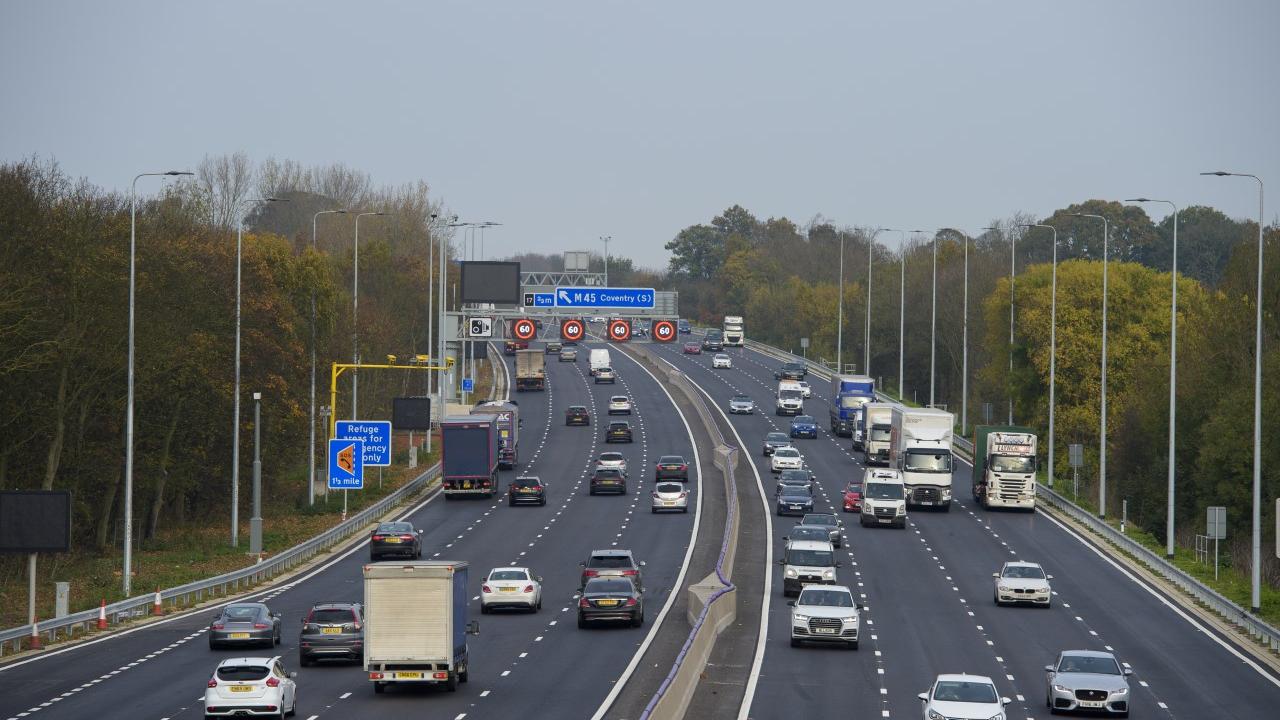
- National Highways has achieved a 38% reduction in the number of people killed or seriously injured on England’s strategic road network since the 2005 to 2009 average baseline, but is off course to meet its 2025 target.
- ORR is requiring National Highways to produce a robust plan setting out how it aims to meet its 2025 safety target for England’s strategic road network.
- Stopped vehicle detection performance on all lane running sections of smart motorway has improved, but the company must now focus on expanding its analysis to understand how it can further optimise stopped vehicle detection performance.
The Office of Rail and Road (ORR) has today published its annual report on safety on England’s strategic roads. The report says that there has been a long-term reduction in the number of people killed or seriously injured (KSI) compared to the 2005 to 2009 average baseline.
However, ORR projections show that more work is needed for the company to get back on course to achieve its safety target of a 50% reduction in the number of people killed or seriously injured across England’s strategic road network by December 2025. ORR is requiring National Highways to produce a plan by the end of March 2024 setting out additional interventions the company will take to achieve the target.
Importantly ORR’s latest report also details improvements in performance of stopped vehicle detection on all lane running smart motorways, after ORR raised concerns last year. The latest data now show that performance targets for the three metrics ORR reported on last year are being met, including the average time to detect a stopped vehicle on an all lane running smart motorway.
Because National Highways changed the way it calculates stopped vehicle detection performance, ORR says that National Highways must set out a clearly documented methodology for measuring and better understanding stopped vehicle detection performance for its next round of testing in 2024.
National Highways’ action plan to improve the performance of key operational technology assets like CCTV, signs and signals on all lane running smart motorways, which was also called for by ORR in its 2022 safety report, is now being implemented. However there is still more work to do, and the company must continue to work towards its aim of 97% availability for key operational technology assets by the end of the road period (March 2025), which currently range between 91% and 97% availability.
Feras Alshaker, Director, Performance and Planning, said:

